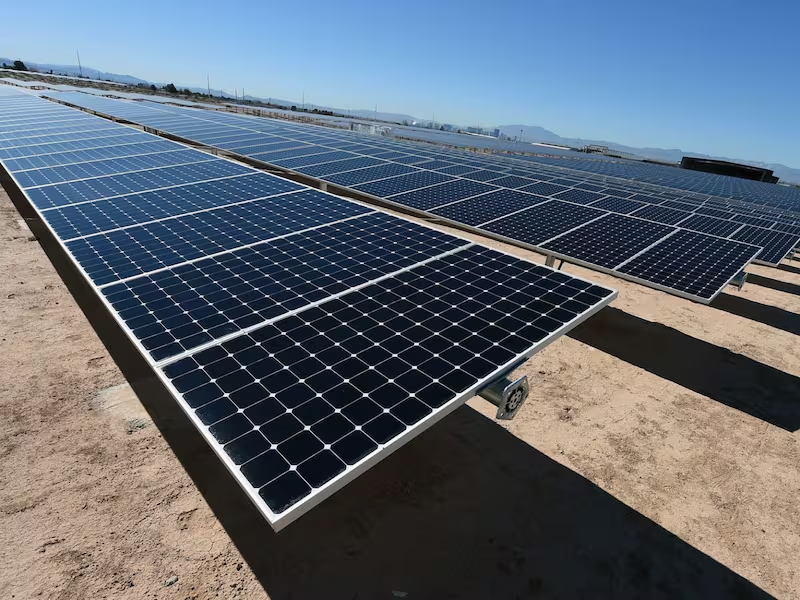In Short : Grenergy has finalized a senior financing agreement amounting to 270 million dollars (230.5 million euros) for the sixth phase of the Oasis de Atacama mega project in Chile, thereby reinforcing the integration of solar energy, battery storage, and large-scale sustainable development.
Fueling Strategic Expansion and Innovation
The operation, spearheaded by Sumitomo Mitsui Banking Corporation (SMBC) in collaboration with BNP Paribas, BBVA, and KfW, will enable the deployment of 3.5 GWh of battery storage capacity and finance the acquisition of assets from Repsol and Ibereólica. This phase, referred to as Elena, becomes the largest segment of the project, enhancing Grenergy’s innovation strategy by merging solar generation with advanced storage.
Preserving Equity While Growing Tech Capabilities
The non-recourse financing bolsters international banking confidence in Grenergy’s solar-storage hybrid model, ensuring transparency and balanced growth. Currently, Elena has 77 MW of solar power operational, facilitating its integration into the Chilean electrical system and ensuring equitable access to renewable energy for communities and businesses.
Clean Energy Impact / Relevance
With this transaction, Grenergy has reached 1.237 billion dollars in financing for the entire Oasis de Atacama project, which includes 0.8 GW of solar power and 6.7 GWh of storage. The agreement with BYD Energy Storage, which will supply 6,240 units of ‘MC Cube T’ batteries, represents the largest supply in Latin America and the second largest globally. This milestone positions the project as a benchmark in the integration of renewable energies and large-scale storage, crucial for reducing dependence on non-renewable resources.
About Grenergy
Grenergy is a global independent producer of renewable energy, focusing on solar and hybrid projects with storage capabilities. With the Oasis de Atacama and its Elena phase, the company strengthens its leadership in Latin America and Europe, where it also develops platforms such as Central Oasis in Chile and the Escuderos project in Spain. Its hybrid model promotes the transition to a cleaner, more reliable, and sustainable energy system.




